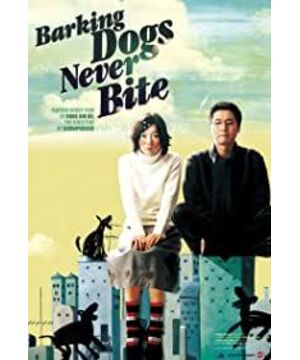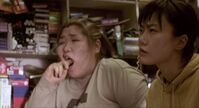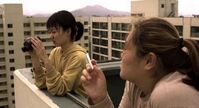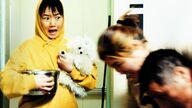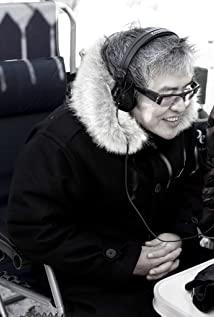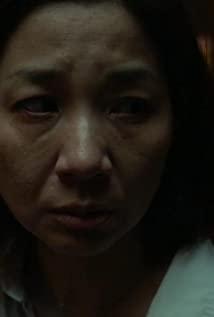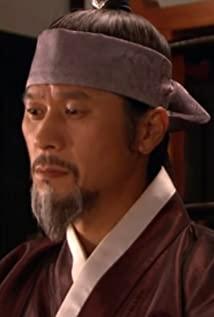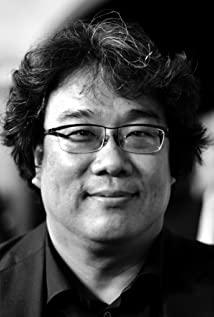Another translation of this film is "Higher Animals", which is more in line with the theme of the story of using dogs to talk about human affairs. The characters in the film are linked together through dogs: the male protagonist who has no status at home, kills the dog and vents his resentment, the pension of years of hard work is only enough to buy a dog and pay the husband's bribe fund to the male protagonist and wife, and eat at work, etc. The hostess who died, who wanted to catch the culprit of dog killing and appeared on TV, and the administrator and the tramp who would not feel heartache when eating dog meat. They are like the weather shrouded in rain, with a dark and musty smell. And the apartment building, which is the main place of the story, is presented with a sense of depression from an elevation lens at the beginning, and two chase scenes with a sense of lens in the film take place here. This is like the system in which the protagonist lives. He has been unwilling to admit his fate but is exhausted, and finally is stuck in it.
Fortunately, Feng Junhao’s debut work keenly captures the social dynamics and the state of the characters while also believing that there will be sunshine after the rain. The male protagonist has experienced a psychological transformation from killing a dog to finding a dog, and his life as a professor is back on track. . The hostess lost her job, and getting close to nature away from the hustle and bustle of the city is also a new beginning. At the end of the film, the heroine took out the knocked-off rear-view mirror and shot the camera directly with the sun. This seems to be the director's use of this to shine on our souls: don't let the tiger be a wolf, and everyone cares for each other to build a harmonious society.
View more about Barking Dogs Never Bite reviews


